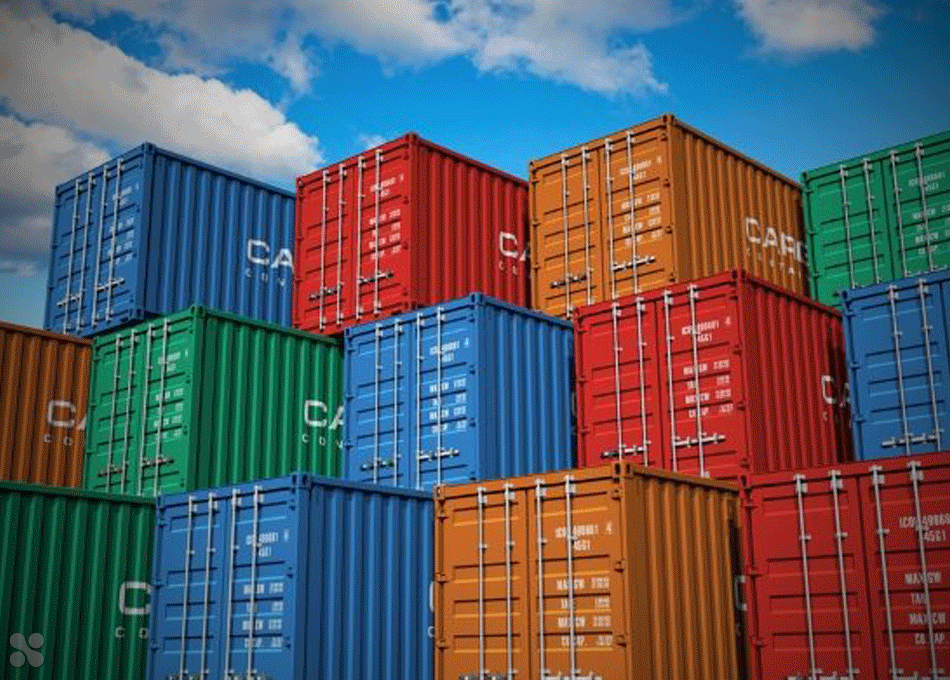BENEFITS OF CONTAINERS
Why use containers?
In the last articles we have explained what containers are and we have seen a short history of this technology. Today we will focus on one of the most interesting aspect, seeing which are the advantages of using containers for companies.
In particular, we have identified 6 benefits of containers which make the infrastructure more flexible and efficient.
1. Isolation
A great benefit of containers technology is the isolation of resources: RAM, processes, devices and networking are virtualized at the Operating System level, and the applications are isolated from each other.

This means that you don’t have to worry about conflicts of dependencies or shared resources, because each application has defined limitations in the use of resources. In addition, thanks to isolation, the protection level is higher.
2. Increase of productivity
One of containers benefits, maybe the most obvious, is the chance to host a large amount of containers also on PC or laptop, having always a deployment and testing environment available for any application, operation that would be more complex with virtual machines. In particular, this kind of technology resulting in an increase of developers productivity, thanks to the removal of dependencies and conflicts among different services. Each container can host an application or a single part of it and, as we saw above, is isolated from other containers. In this way developers can forget about synchronization and dependencies for any service, as well as they are free to run the updates without worrying about possible problems among the components.
3. Easy deployment and shorter start-up times
Each container includes not only the application but also all the package useful to run it, by simplifying any deployment operation and facilitating the distribution on different operating systems with no further effort of configuration. Besides, virtualizing only the operating system, start-up times become much shorter.
4. Coherent environment
Thanks to the standardization approach, containers enable the portability of resources, by reducing issues about the displacement of applications through the cycle of development, testing and production. Containers can be deployed in an easy and secure way independently form the environment. It’ s not necessary to configure servers manually and new features can be released more easily.
5. Operating efficiency
With containers you can run more applications on the same instance and specify the right amount of resources which should be used, by ensuring their optimization. Containers are lighter than VM and make the system more agile, by increasing the operating efficiency, the development and the management of applications.
6. Version control
Container technology enables to manage the versions of application code and its dependencies. You can keep track of the container versions, analyzing the difference among them and eventually come back to the previous version.
Containers have multiple benefits: they are an advanced technological solution able to improve the application management and make the architectural system lighter and more performing. Many talk of them as an option to the more popular virtual machines, but what are the difference between VM and containers? We’ll find it out in the next post!
Do you want to use containers but you don’t know how to start? Request a free consulting with our experts!
Contact us
Fill out the form and one of our experts will contact you within 24 hours: we look forward to meeting you!




